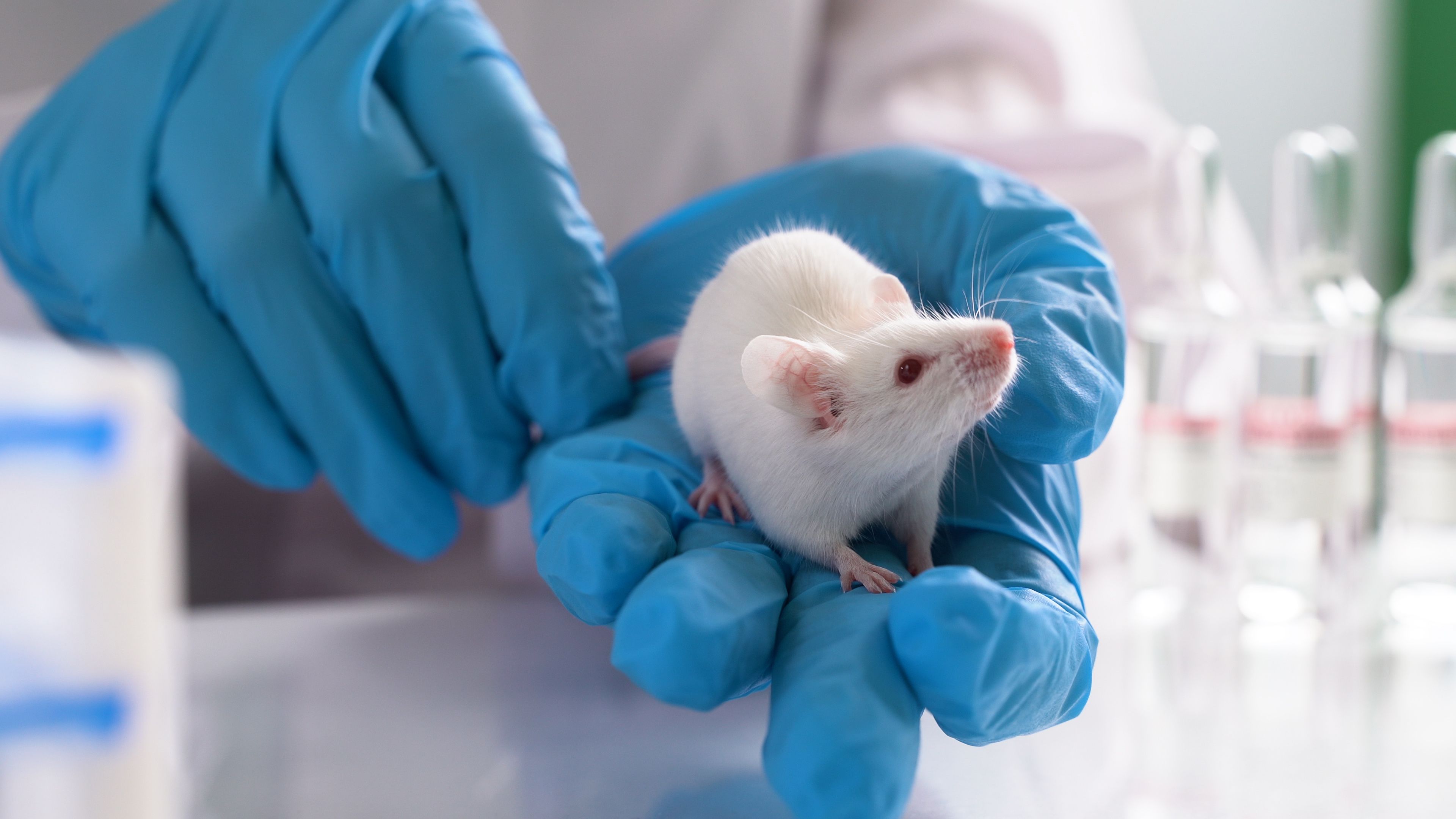- General Dermatology
- Eczema
- Alopecia
- Aesthetics
- Vitiligo
- COVID-19
- Actinic Keratosis
- Precision Medicine and Biologics
- Rare Disease
- Wound Care
- Rosacea
- Psoriasis
- Psoriatic Arthritis
- Atopic Dermatitis
- Melasma
- NP and PA
- Skin Cancer
- Hidradenitis Suppurativa
- Drug Watch
- Pigmentary Disorders
- Acne
- Pediatric Dermatology
- Practice Management
Clothianidin Exposure Suppresses Early Symptoms of AD in Mouse Model Study
Exposure led to an increase in total plasma IgE levels but reduced epidermal thickening, mast cell number, and plasma histamine levels in the early stages of AD.
A recent study conducted in Japan has shed light on the relationship between clothianidin (CLO), a neonicotinoid pesticide (NN), and atopic dermatitis (AD) in a mouse model. Neonicotinoid pesticides, structurally similar to nicotine, have been widely used since 1993, with concerns arising about their impact on immune cells due to the presence of nicotinic acetylcholine receptors (nAChRs) on immune cells. This study explores the effects of CLO exposure on AD symptoms, providing novel insights into the connection between environmental chemicals and skin disorders.1 In the past, CLO exposure has been tested on insects and animals to determine its effect on movement2, memory, and motor learning.3
According to a PubMed search, this study on CLO’s impact on AD is a first. AD is characterized by pruritic eczematous dermatitis, with symptoms fluctuating between remissions and relapses. Individuals with AD often have a predisposition to overproduce IgE, and the pathophysiology involves abnormalities in skin barrier function, immune response, and allergic inflammation triggered by environmental and food antigens. Study investigators believed understanding the impact of environmental chemicals on AD symptoms is crucial for a comprehensive understanding of the disease.
Neonicotinoids and Immune System Disruption
Neonicotinoid pesticides, initially thought to selectively affect insect nAChRs, have been found to influence mammalian nAChRs, including those on immune cells. Previous studies have shown that exposure to clothianidin causes thymus weight reduction and dysbiosis of intestinal microbiota. Given the link between dysbiosis and allergies, there is a possibility that neonicotinoid exposure disrupts the immune system, contributing to the development of allergic diseases.
Study Design and Methodology
The study utilized male NC/Nga mice with induced AD, administering a no-adverse-effect-level (NOAEL) dose of CLO. Key AD symptoms were measured at 3 time points, including epidermal thickening, mast cell number, total plasma IgE, and histamine levels. The concentrations of CLO were based on the NOAEL dose, and precautions were taken to eliminate the risk of adverse effects.
Key Findings
“This suggests that exposure to CLO suppresses early symptoms of AD under the present conditions,” authors wrote.
Contrary to expectations, CLO exposure led to an increase in total plasma IgE levels but reduced epidermal thickening, mast cell number, and plasma histamine levels in the early stages of AD. This unexpected discovery suggests that CLO exposure inhibits the early symptoms of AD, highlighting a previously unknown aspect of neonicotinoid impact on immune responses.
Implications and Future Research
The observed reduction in mast cell numbers and histamine release suggests a potential mechanism involving the inhibition of mast cell degranulation via α7 nAChR. The study prompts further investigation into the role of CLO in modulating immune responses and the intricate relationship between neonicotinoid exposure and AD.
This study establishes a direct link between clothianidin exposure and the suppression of early symptoms in atopic dermatitis. The unexpected findings underscore the complexity of immune responses influenced by environmental chemicals and emphasize the importance of ongoing research in understanding and mitigating the impact of neonicotinoids on human health.
References
1. Ishida Y, Yonoichi S, Hara Y, et al. Effect of clothianidin exposure at the no-observed-adverse-effect level (NOAEL) in a mouse model of atopic dermatitis. J Vet Med Sci. Published online February 5, 2024. doi:10.1292/jvms.23-0515
2. Cibotti S, Saum PJ, Myrick AJ, Schilder RJ, Ali JG. Divergent impacts of the neonicotinoid insecticide, clothianidin, on flight performance metrics in two species of migratory butterflies. Conserv Physiol. 2024;12(1):coae002. Published 2024 Feb 2. doi:10.1093/conphys/coae002
3. Hara Y, Shoda A, Yonoichi S, et al. No-observed-adverse-effect-level (NOAEL) clothianidin, a neonicotinoid pesticide, impairs hippocampal memory and motor learning associated with alteration of gene expression in cerebellum. J Vet Med Sci. Published online February 5, 2024. doi:10.1292/jvms.23-0516

